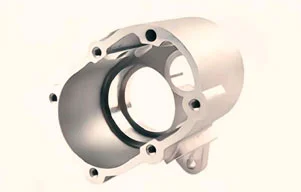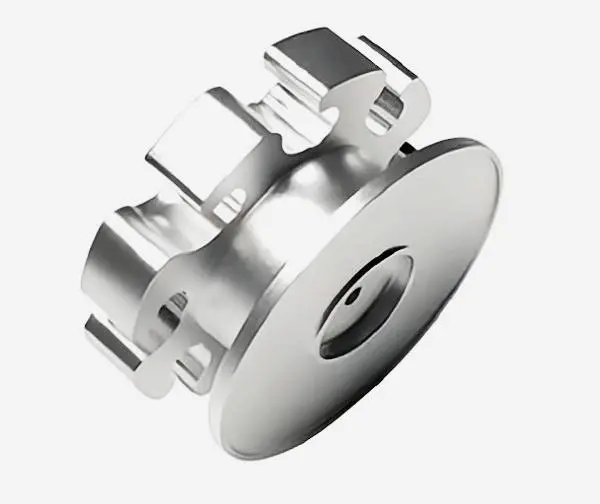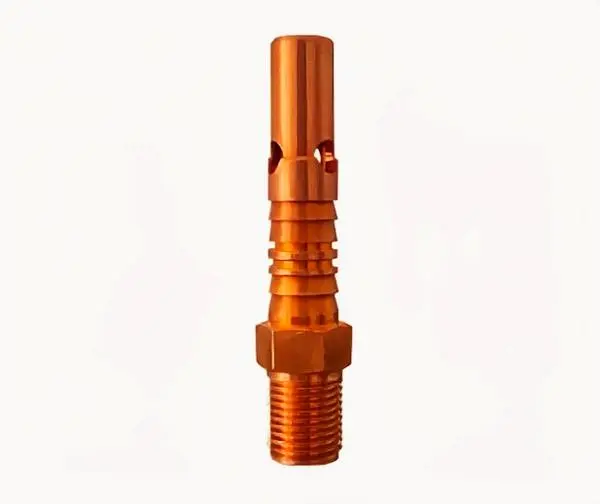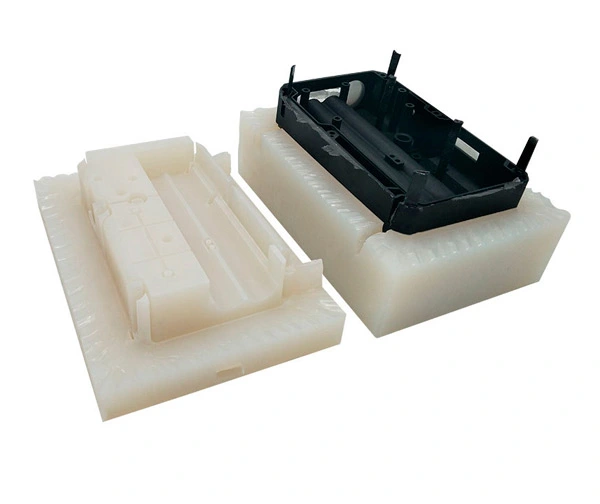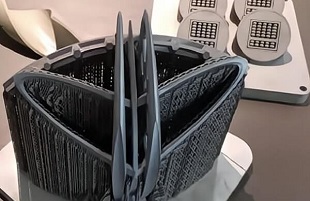Introduction of A Range of Surface finishes on Metal Stamped Parts
Surface finishing is a critical step in the manufacturing process of metal stamped parts. It involves applying a coating or treatment to the surface of the parts to enhance their appearance, durability, and performance. There are several series of surface finishing techniques that can be used on metal stamped parts, each with its own unique benefits and limitations. Here are some of the most common series of surface finishing techniques:
Plating: Plating is a process of applying a thin layer of metal to the surface of a metal part. This can be done through electroplating, where an electric current is used to deposit the metal onto the part, or by chemical plating, where the metal is deposited through a chemical reaction. Plating can enhance the corrosion resistance, wear resistance, and electrical conductivity of metal stamped parts.
Painting: Painting is a process of applying a liquid coating to the surface of a metal part. This can be done using various techniques, such as spray painting or powder coating. Painting can enhance the appearance of metal stamped parts and provide additional protection against corrosion.
Anodizing: Anodizing is a process of creating a protective oxide layer on the surface of a metal part, typically aluminum. This can be done through an electrochemical process, where the part is immersed in an electrolyte and an electric current is applied. Anodizing can enhance the corrosion resistance, wear resistance, and appearance of metal stamped parts.
Polishing: Polishing is a process of smoothing and shining the surface of a metal part through mechanical or chemical means. This can enhance the appearance of metal stamped parts and remove any imperfections or roughness on the surface.
Passivation: Passivation is a process of removing free iron and other contaminants from the surface of a metal part to enhance its corrosion resistance. This can be done through a chemical or electrochemical process.
These are just a few of the many series of surface finishing techniques that can be used on metal stamped parts. The choice of technique will depend on the specific requirements of the part, such as its intended use, appearance, and environmental conditions.


 EN
EN
 jp
jp  ko
ko  fr
fr  de
de  es
es  it
it  pt
pt  tr
tr  ar
ar  iw
iw 

